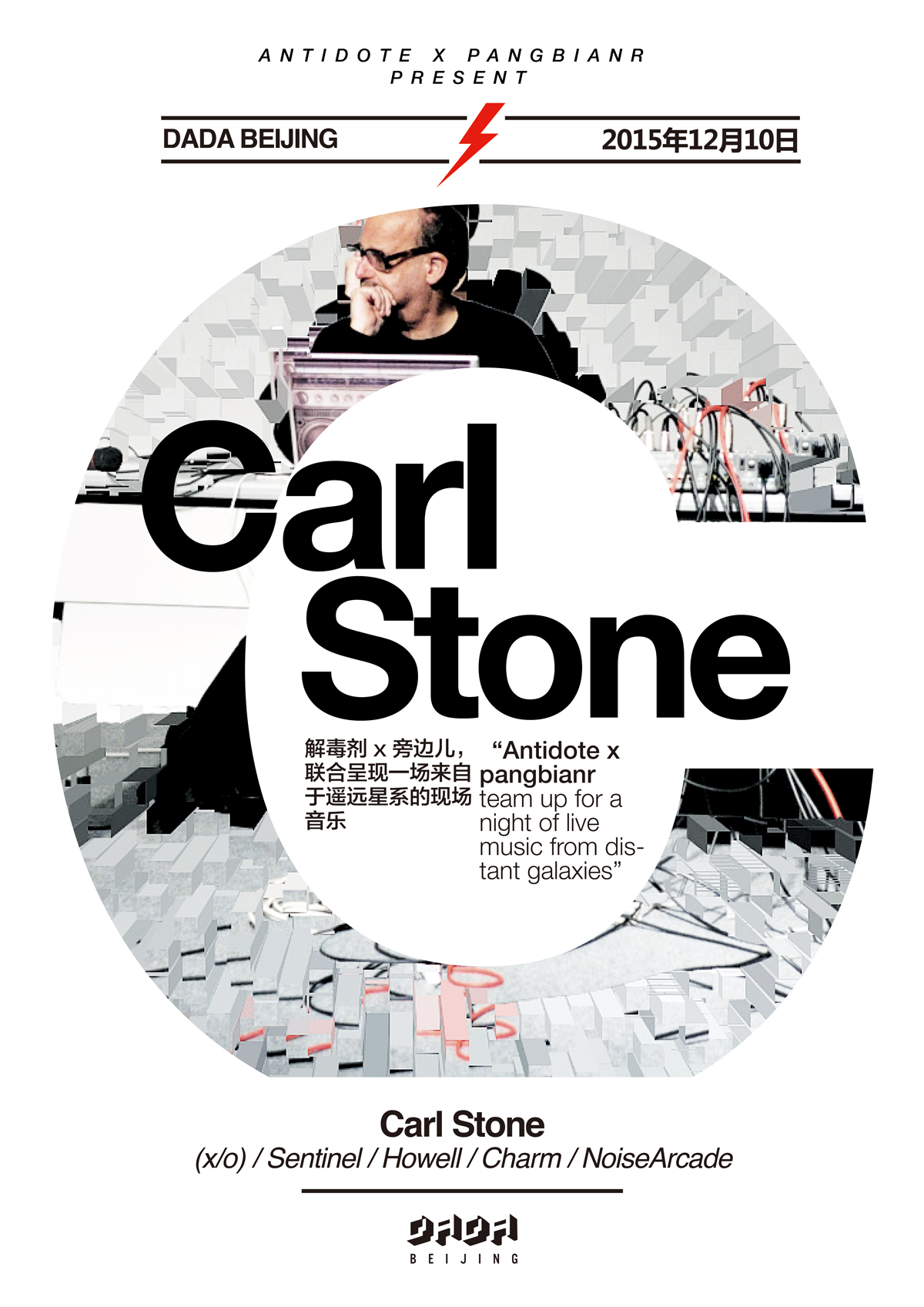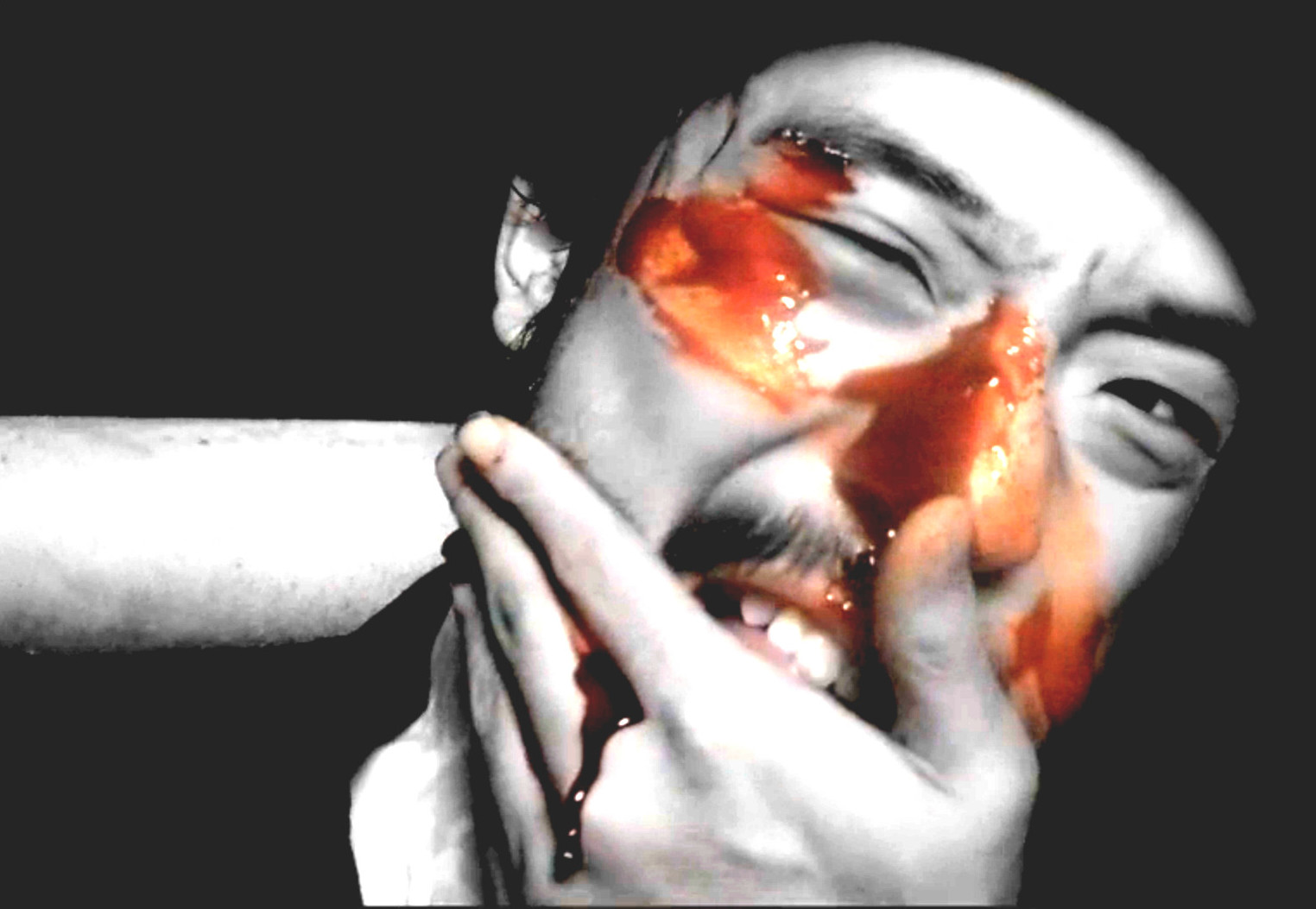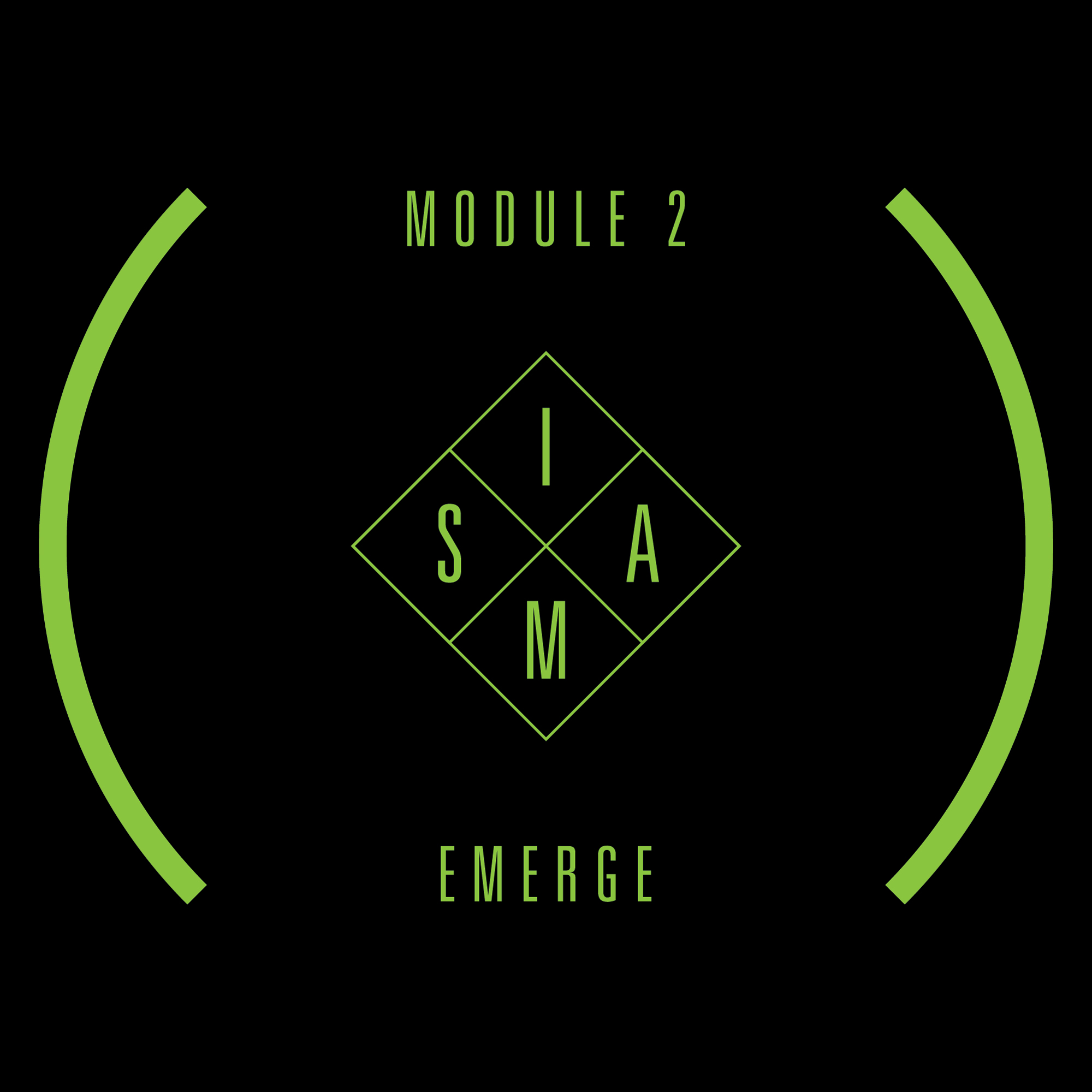采访: Carl Stone Interview
By Josh, 2015年 12月 9日
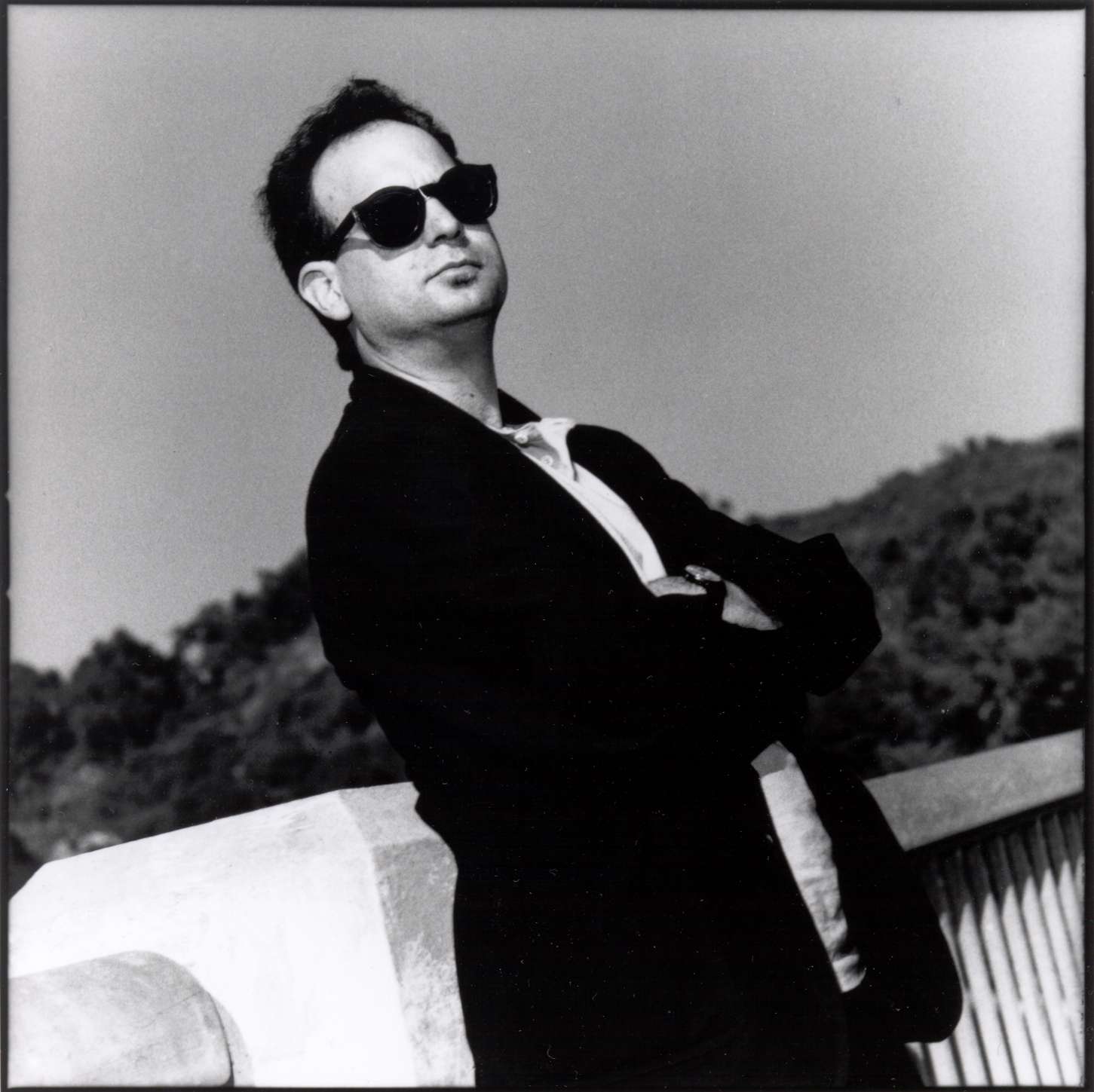
Carl Stone, Shinjuku, 2002
Wow, been a banner quarter for old-guard American avant-garde electronic music composers whisking through our neck of the woods! pangbianr had the pleasure of hosting Bob Ostertag for a nationwide mini-tour, and tomorrow night we double down, hosting pioneering sample-based electro-acoustic music composer Carl Stone.
Stone’s been through China a few times before: he first came in 2008, invited to perform at the Shanghai eArts Festival by Taiwanese sound art academic Yao Dajuin, and has come back twice, invited by experimental-scene pillars like Yan Jun. This time around he’s headlining at a rather incongruous venue — Gulou dance den Dada — and we (pangbianr x Antidote) are excited to see how it’ll all play out (of control).
Caught up with Carl while he was waiting to board his Beijing-bound flight at Haneda Airport, touching on the co-influence of improvisation and composition, venue and performance, study and praxis, and more, and more:
***
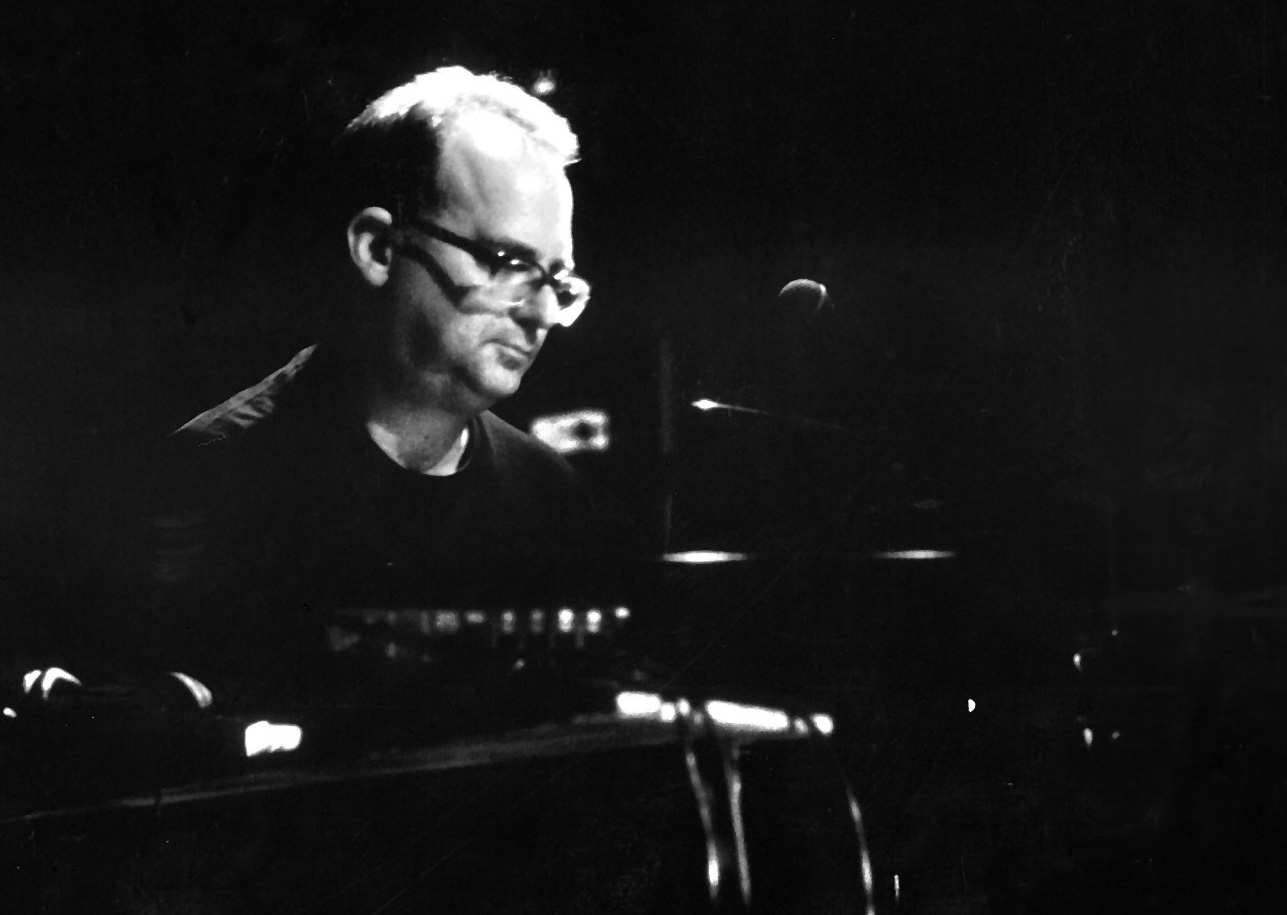
pangbianr: What have you been working on recently? What will you be performing in Beijing and Shanghai this time around?
Carl Stone: Recently I’ve been actually writing some pieces for this China tour and then to take to the USA when I go there right after the new year. So my Chinese audiences will have a chance to hear some new work!
pangbianr: You’ve been to China before, right? What is your impression of the avant-garde or “new music” scene here?
Carl Stone: I’ve been to China several times but my trips were always kind of “hit-and-run” unfortunately, and I didn’t have a chance to explore the avant-garde or new music scene well. I have several friends in the area, like Yan Jun, whose work I love, also Wu Na is great, combining traditional and avant-garde techniques in their playing. And one of my favorite collaborators is Wu Wei, who I played together with in Berlin back in September.
pangbianr: Japan has long been one pole of your practice. What brought you there in the first place? What has kept your interest in living and working there?
Carl Stone: It’s hard to say. I’ve been interested in Japanese culture, especially contemporary culture, since the 1980s, when I first came. I lived in Tokyo for six months on a grant from the Asian Cultural Council, and after that I had an invitation to go back and work on various projects almost every year. Then in 2001 I was offered a job at a university and I took the plunge. I really enjoy living in Tokyo, not only because of the music scene but the lifestyle in general.
pangbianr: From what I’ve read in other interviews, you see a pretty porous line between composition and improvisation. That said, where IS the line? How is one different from the other, either in performance or in studio recording?
Carl Stone: Well, I do like to keep the line moving. Even my composed pieces use improvisation or sometimes just random elements to keep them fresh. It’s interesting, because when I was a student (many years ago) I had completely the different aesthetic, I made recorded pieces that were the same every time. Now I’m almost reluctant to release recordings because I don’t like to “fix” things.
pangbianr: At a recent talk Bob Ostertag gave at an art university in China, he made a comment that’s stuck with me. I’m paraphrasing but it’s something to the effect that there have been no major advancements in synthesizer technology (or, by extension, synthesizer music) since the early days of Serge and Buchla, that in fact synthesizers have been successively limited as they’ve been designed with mass consumption in mind. As someone who’s been working with sampling as a compositional method for over 40 years, do you see a similar devolution in the methodology, technology, and conceptual underpinnings of “sampling” as its been absorbed into the music production mainstream?
Carl Stone: Well, while it’s true that most synths are designed with a mass market in mind, the better ones allow you to get “under the hood” and build things to your own aesthetic requirements. Until last year when I bought an OctaTrack, I hadn’t used any hardware samplers since the early ’90s. I build my own software to do what I want, and there are some great programming tools out there, so I haven’t felt particularly constrained.
pangbianr: On the flip of that, who have you seen/heard using sampling in interesting ways that are completely different from your own working methods?
Carl Stone: Hah! Most people use different methods from me.
pangbianr: In Beijing you’re playing at a venue that most often holds dance-oriented producers and DJs. Assuming you’re not going to be performing dance or 4/4 beat-based music: how does the context of the venue shape your performance?
Carl Stone: Well, you might be surprised, as I do have some at least quasi-danceable stuff that I break out from time to time. But you’re right, it’s not your typical “four on the floor” stuff. Context does make a difference, but it’s as much about the acoustics, the sound system, and the architecture as it is about the audience and whatever expectations they might have.
pangbianr: How, if at all, has your academic background at CalArts shaped your subsequent career? Would you recommend academia or conservatory training to someone interested in becoming an electronic music composer today?
Carl Stone: Well, there’s academia and there’s academia. I went to the California Institute of the Arts at a time when it really was exploring the boundaries of curricula and student/mentor relationships. I think it is good that a student get a good grounding in musical fundamentals, and a college or conservatory can help with that, but I think it’s also good to regularly get outside the ivy covered halls.
pangbianr: As a composer and performer, what new directions — aesthetic or technological — are you interested in pursuing? Do you have any major projects in the pipeline?
Carl Stone: Oops out of time, they’re calling my boarding….gotta go…hope this helps!
***
Saved by the bell! Catch Carl Stone live at Dada on Thursday, December 10, with opening sets by Charm and Noise Arcade and follow-up sets from Howell, x/o and Sentinel. Full info + artist bios + recordings here.
